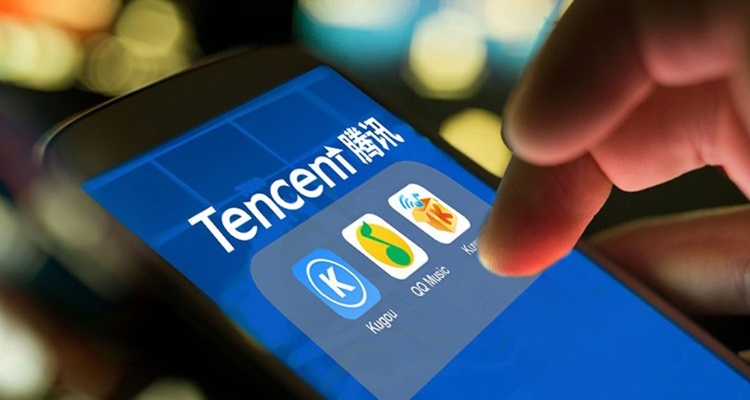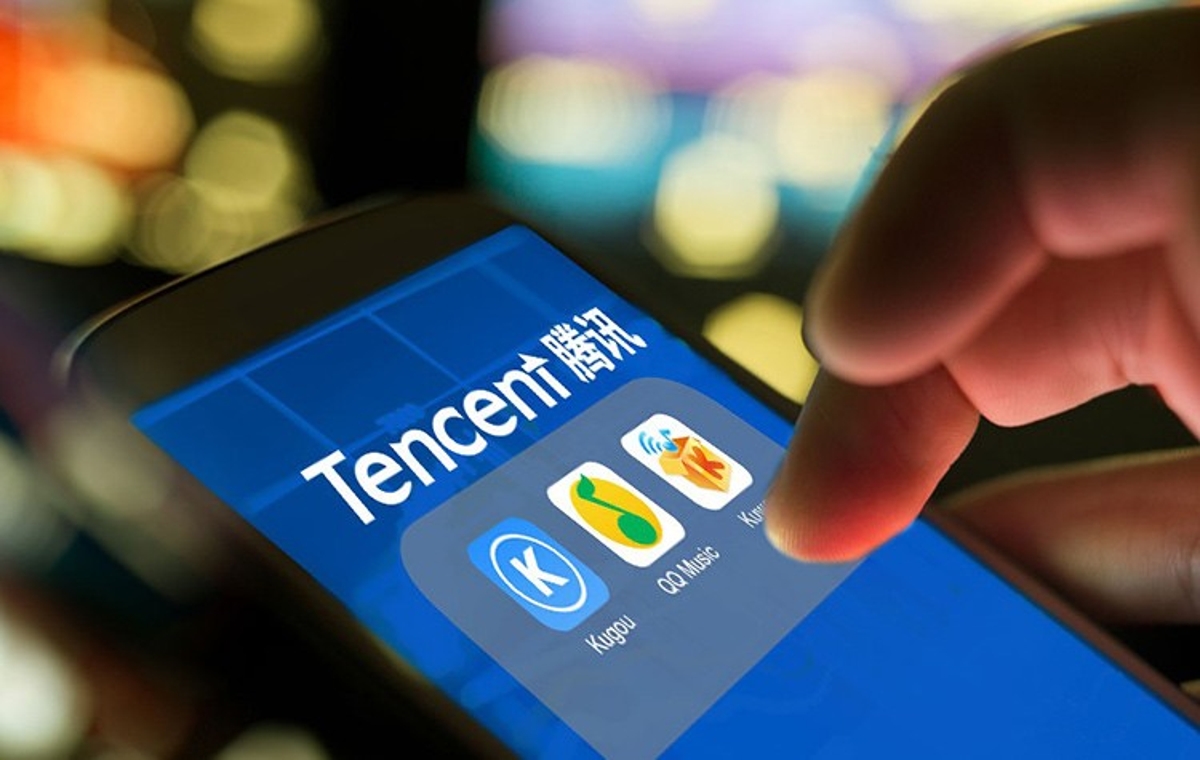
Tencent is reportedly facing a more than $1.5 billion “antitrust” penalty in China – with an emphasis on its Tencent Music subsidiary and the entity’s QQ Music, Kugou Music, and Kuwo Music streaming services.
Reuters shed light upon the imminent crackdown and $1.55 billion (¥10 billion) fine that Tencent will purportedly have to pay, citing anonymous sources with knowledge of the matter. One of these individuals said of the Shenzhen-headquartered conglomerate, which owns 20 percent of Universal Music Group: “It would be impossible not to penalise Tencent now that the campaign is in action.”
Said campaign refers to the Chinese government’s broader antitrust clampdown against internet and tech companies, which saw the State Administration for Market Regulation (SAMR) slap Alibaba with a staggering $2.8 billion fine about two weeks ago.
Worth noting is that Alibaba must submit a “self-examination compliance report” to the SAMR sometime during the next three years as part of the penalty, according to The Wall Street Journal.
Separately, Bloomberg reported last month that “China’s government has proposed establishing a joint venture with local technology giants that would oversee the lucrative data they collect from hundreds of millions of consumers.”
Building upon the points, a key component of the scrutiny that Tencent is facing centers on Tencent Music, per Reuters once again, and the overarching conglomerate (roughly 30 percent of which belongs to South Africa’s Naspers) should expect to “give up exclusive music rights” and “may even be forced to sell the acquired Kuwo and Kugou music apps.”
Exclusive music and agreements are ostensibly the driving force behind these far-reaching edicts, and on this front, Tencent Music said in its Q4 2020 earnings report that the number of on-platform “exclusive indie musicians increased by 13 times.”
At the time of this piece’s publishing, Tencent Music – traded as TME on the NYSE – hadn’t commented publicly on the reportedly imminent fine or the requirement pertaining to exclusive deals and music.
The company, which dropped $415 million on Lazy Audio in January and inked a massive, multi-year licensing deal with Warner Music Group in March, experienced a 5.37 percent stock-price slip today, when shares finished at $17.80 apiece – roughly $14 less than their late-March high.
It’s unclear whether Tencent Music’s recent executive shuffles, including tapping former Tencent vice president Zhu “Ross” Liang to replace Cussion Kar Shun Pang as CEO, are related to the regulatory scrutiny from the Chinese government, which banned audio-driven social platform Clubhouse in February.
Finally, in one of many testaments to the considerable growth that China’s entertainment space is enjoying, Apple revealed that it earned $17.73 billion from consumers in Greater China during Q1 2021 – nearly double the amount that the region delivered in 2020’s first quarter. Last August, the company removed Zara Larsson from Apple Music in China after she criticized the nation’s government.

